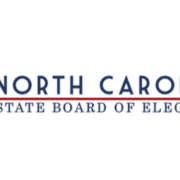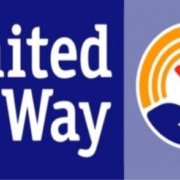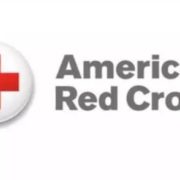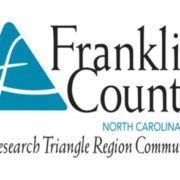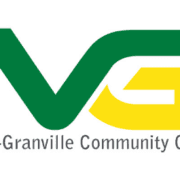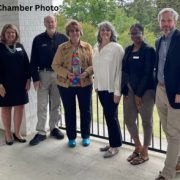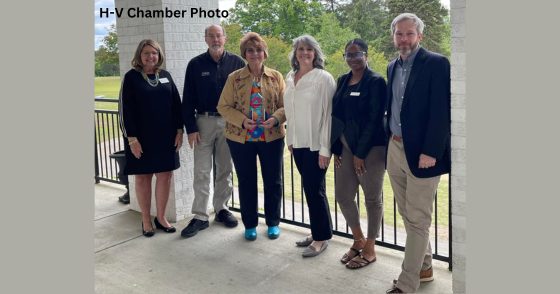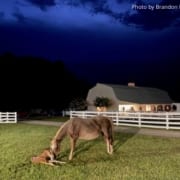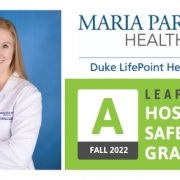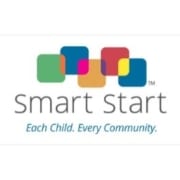-information courtesy of the N.C. Department of Agriculture
If you’re a horse owner, listen up: It’s time to protect your equines against a couple of serious ailments.
N.C. Agriculture Commissioner Steve Troxler encourages equine owners to have their animals vaccinated against Eastern Equine Encephalomyelitis and West Nile Virus, two diseases with high mortality rates. Both, however, are preventable with a simple vaccination.
“Mosquito-breeding season in North Carolina lasts from spring until the first frost and horses are at risk if not properly vaccinated,” Troxler said. “EEE is fatal 90 percent of the time in horses and WNV has a fatality rate of 30 percent.”
Last year, there were no recorded cases of EEE and one case of WNV. In 2021, there were three recorded cases of EEE and two cases of WNV.
State Veterinarian Dr. Mike Martin recommends that equine owners talk to their veterinarians about an effective vaccination protocol to protect horses from mosquito-borne diseases. The combination vaccination initially requires multiple injections for horses, mules and donkeys that have no prior vaccination history.
Mosquitoes can breed in any puddle that lasts for more than four days, so removing any source of standing water can reduce the chance of exposing animals to WNV or EEE. Keeping horses in stalls at night, using insect screens and fans, and turning off lights after dusk can also help reduce exposure to mosquitoes. Insect repellants can be effective if used according to the manufacturer’s instructions.
Symptoms of EEE include impaired vision, aimless wandering, head pressing, circling, inability to swallow, irregular staggering gait, paralysis, convulsions and death. Once a horse has been bitten by an infected mosquito, it could take between 3 and 10 days for symptoms to appear.
Symptoms of WNV include fever, weakness or paralysis of hind limbs, impaired vision, head pressing, seizures and aimless wandering.
People, horses and birds can become infected from a bite by a mosquito carrying these diseases, but there is no evidence that horses can transmit the viruses to other horses, birds or people through direct contact.
Equine care also includes keeping up-to-date on equine infectious anemia (EIA) testing, commonly referred to as the Coggins test. “Since January there have been 20 cases of EIA in North Carolina. There is no vaccine and no cure for this disease so testing annually is important,” Troxler added.
“It’s also a great time to make sure your animal is current on its rabies vaccination,” Troxler said. “In 2022, seven cases of livestock infected with rabies were reported to our Veterinary Division. Since January, we have had two positive cases in livestock. Historically, most of the cases have been in cows but all livestock are naturally curious animals, which puts them at risk for a bite if a rabid animal gets through their fence line.”

